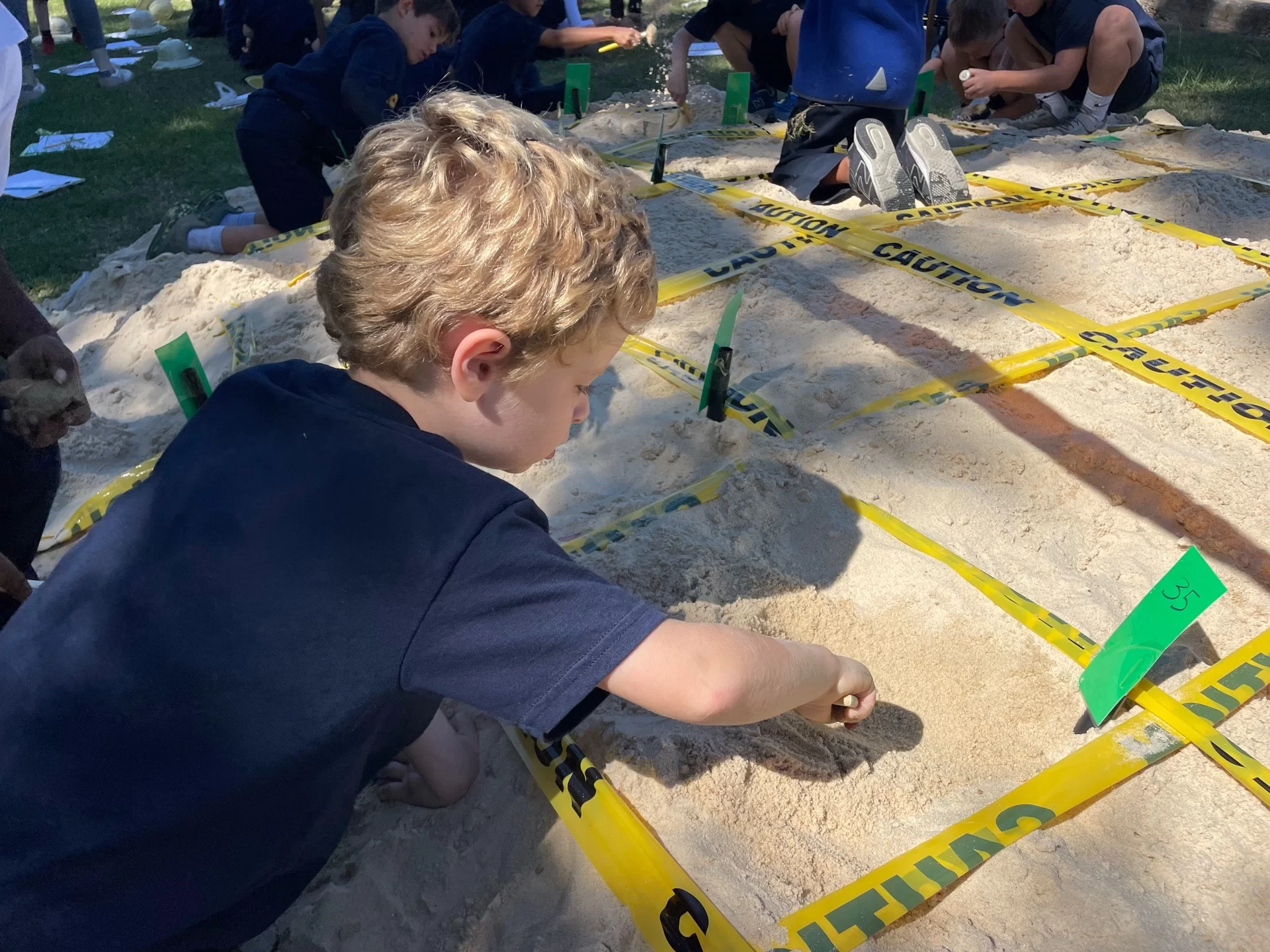- Admission
- Discover Episcopal
- Our Program
- Athletics
- Arts
- Spirituality
- Student Life
- Support Episcopal
- Alumni
- Parent Support
- Knightly News
- Contact Us
- Calendar
- School Store
- Lunch Menu
« Back
Promoting Academic Excellence through Project-Based Learning
October 23rd, 2024
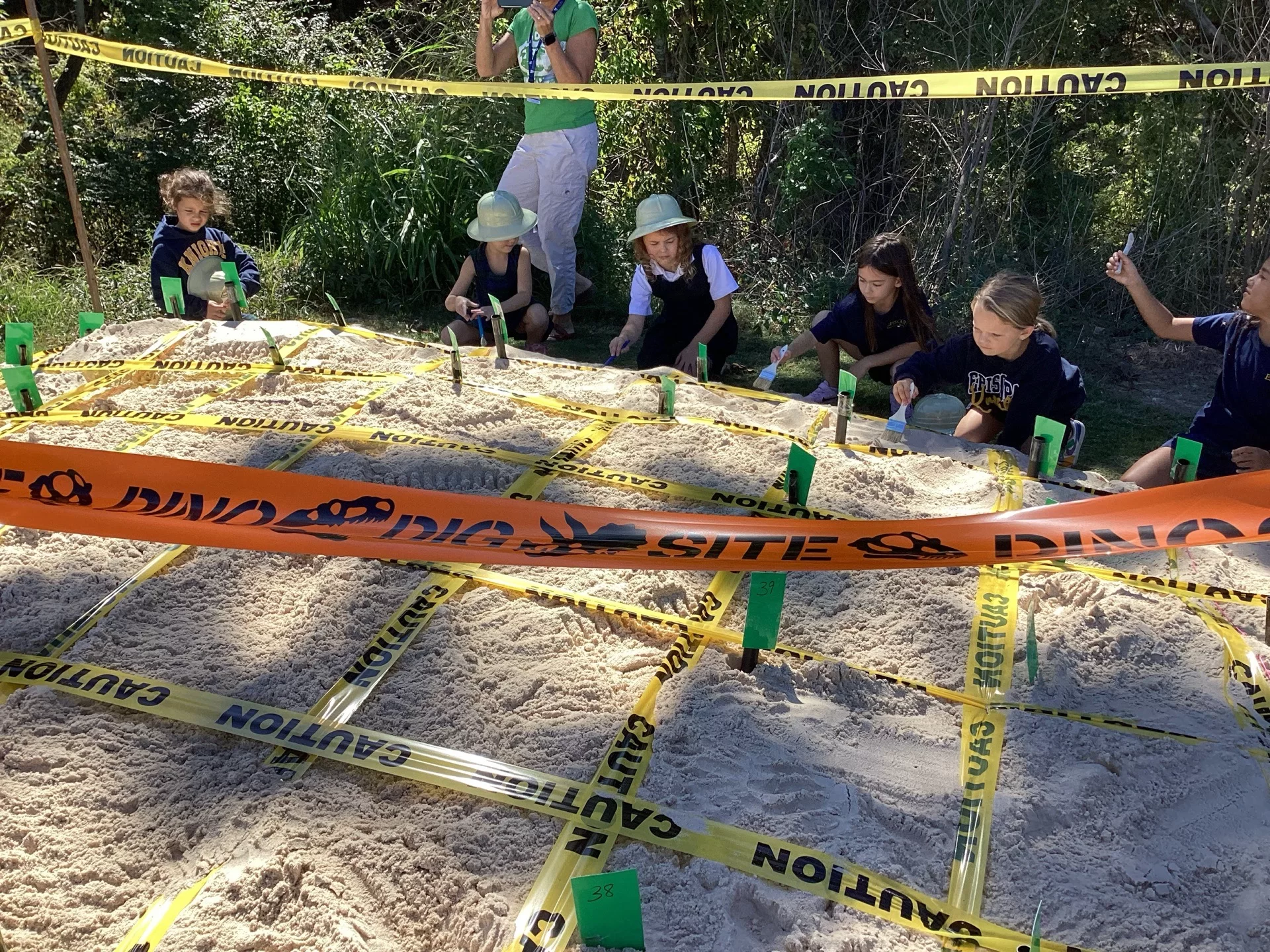
The dinos are here! First graders have embarked on the yearly paleontology project-based learning unit with much excitement. This comprehensive unit features a fossil dig, constructing dinosaurs in the QUEST Center in Foster Hall, excavating chocolate chip cookie “fossils” and much more. As most families know, dinosaurs are a popular topic in Lower School, and this unit unlocks countless learning opportunities for students.
Episcopal educators nurture academic excellence through dynamic and engaging teaching methods like the current paleontology project-based learning (PBL) unit. But what exactly is project-based learning? Project-based learning is a teaching method that allows students to gain deep knowledge by actively working on real-world projects that hold personal meaning. Instead of simply learning facts, students create presentations or products to showcase their understanding of the content. Along the way, students develop critical thinking, collaboration, creativity and communication skills. This type of experiential learning is possible because of Episcopal’s small class sizes and innovative faculty and staff.
Three Phases of Learning
Starting in PreK-3, Episcopal students are immersed in project-based learning, where teachers design projects aligned with educational standards while fostering creativity and independence. These units allow for student voice and choice, making the learning process engaging and meaningful.
Each project is divided into three phases:
- Phase I: Exploration – Students connect to the topic by discussing and sharing what they know and want to know.
- Phase II: Investigation – This phase focuses on research, problem-solving and experiential activities, including field trips or guest speakers.
- Phase III: Presentation – Students become experts, presenting their work through various formats, including reports, videos, presentations or displays.
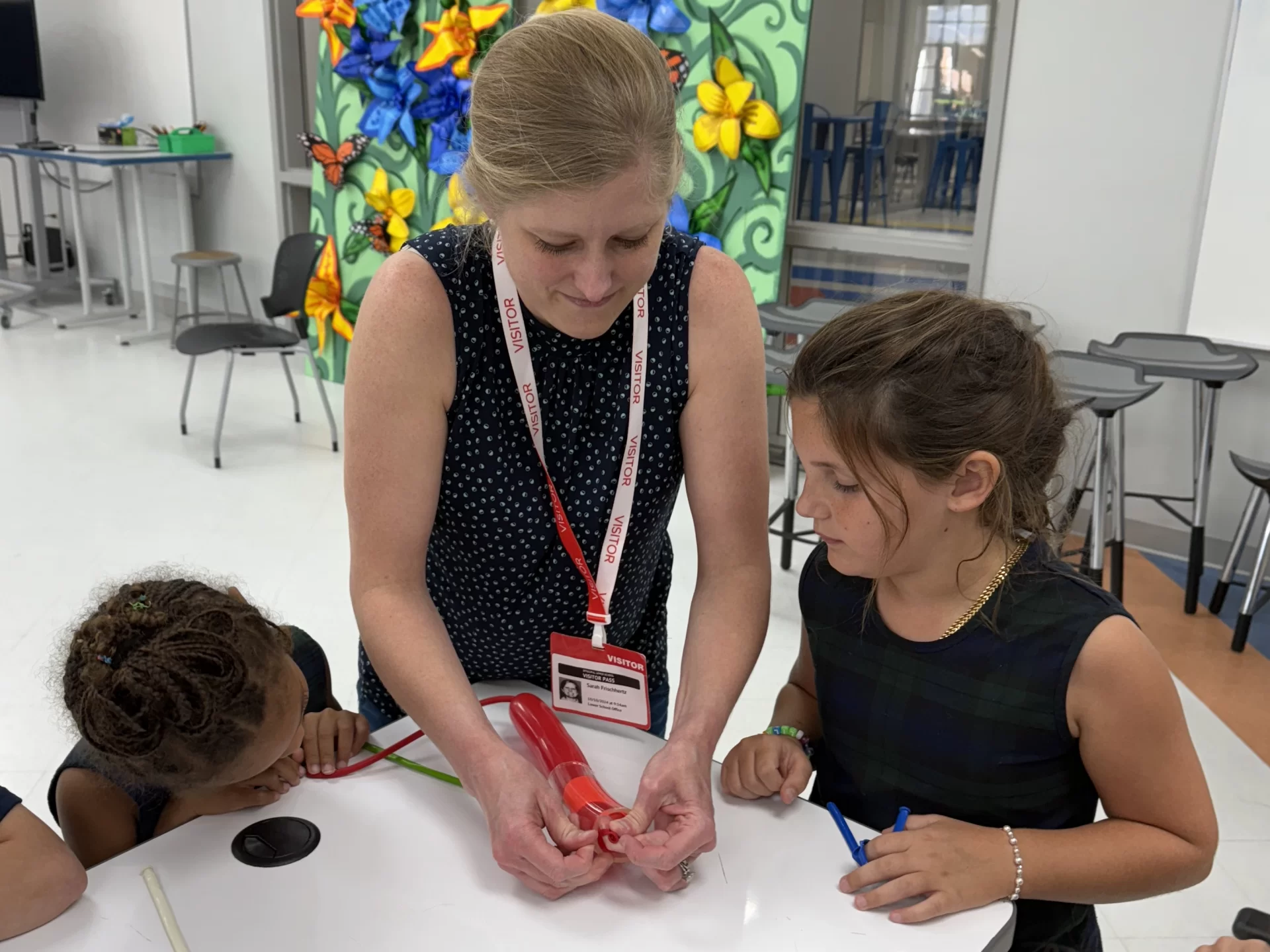
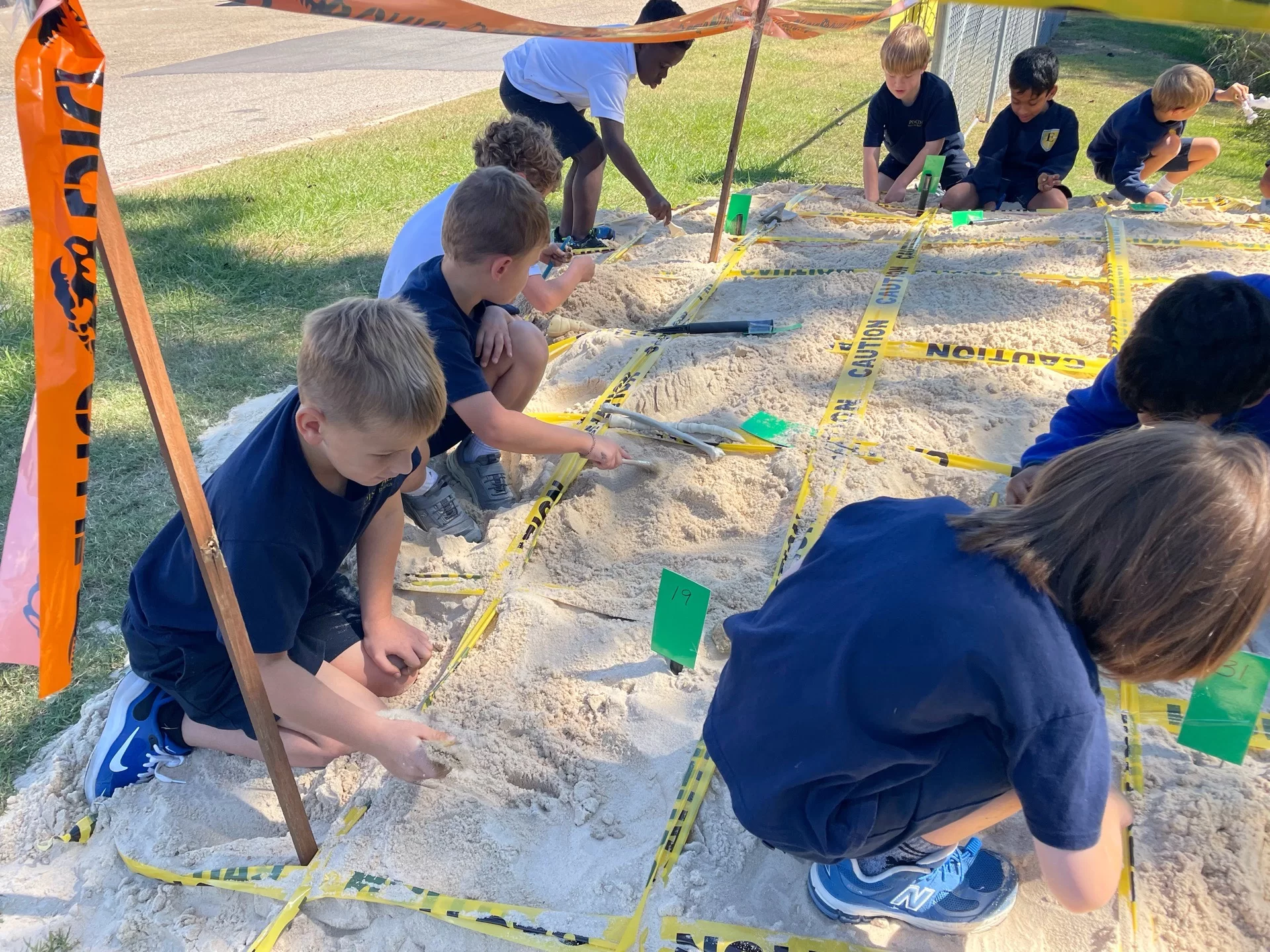
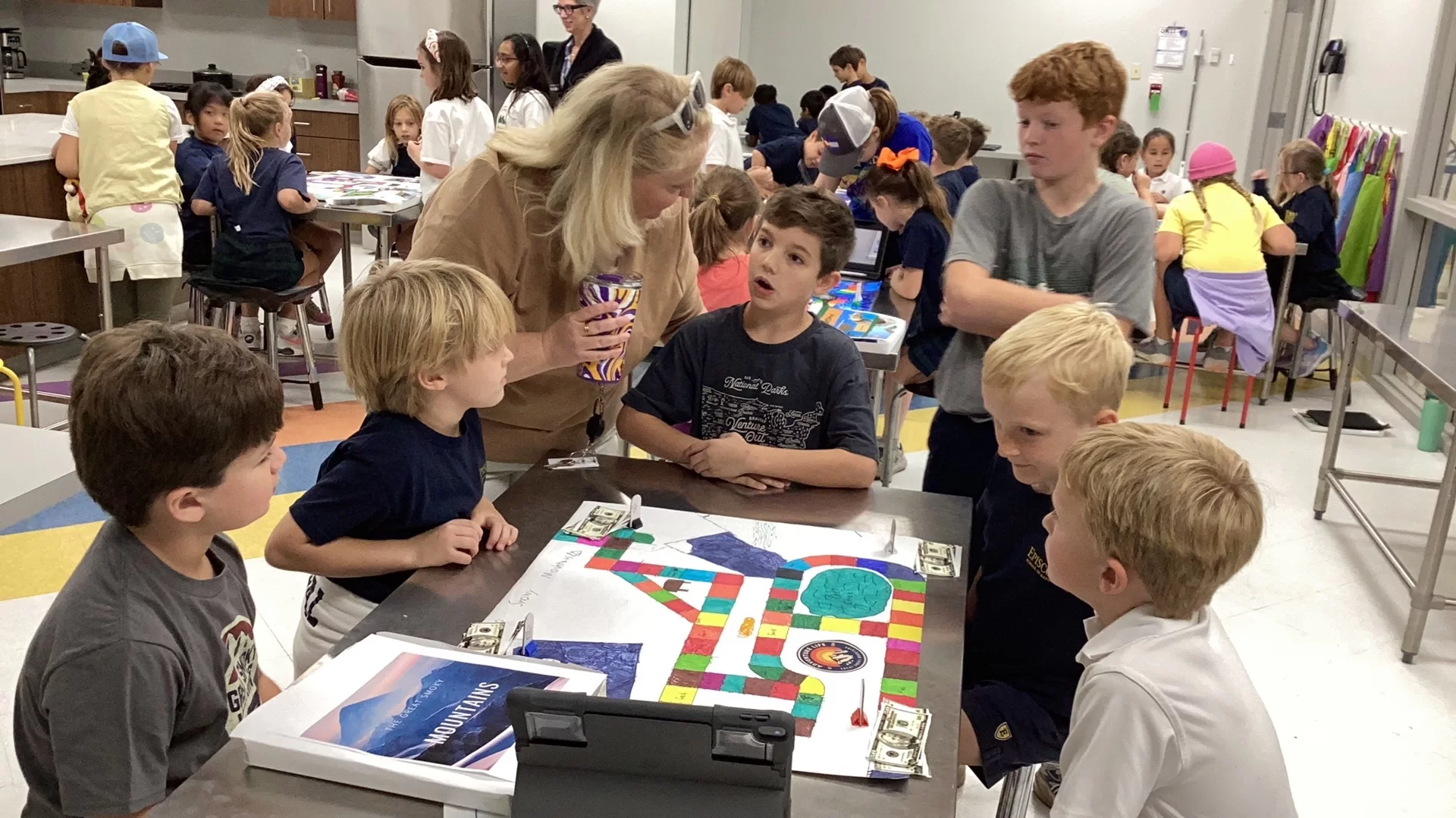
The Benefits and Joy of Project-Based Learning
Episcopal educators have seen tremendous benefits as a result of this type of learning. Learning by doing keeps students engaged, so the information is processed more deeply. Importantly, because students lead the lessons, they are excited about what they’ve learned and eager to share that knowledge with others.
A sense of community is also created as a result of project-based learning. Often, parent experts serve as guest speakers on topics ranging from the human body to beekeeping. Faculty and staff also offer their expertise. For example, Deputy Daniels and Nurse Katie recently spoke with PreK-4 students about their roles at the school as community helpers.
That sense of community and joy of learning is on display as each grade level celebrates the completion of a unit. Recently, first graders finished the “Healthy Selves” unit with the annual biathlon, and fourth graders wrapped up the National Parks unit by challenging families and classmates to play board games they created. These activities reinforce the importance of learning and boost students’ confidence surrounding their new knowledge.
Project-based learning captures the wonder and magic of learning and makes lessons meaningful and memorable for the Episcopal community. Ask your Lower School learners what they’re studying, and the answer is sure to be exciting. Learn more about the Episcopal Lower School experience here.
The Episcopal School of Baton Rouge 2025-2026 application is now available! For more information on the application process, to schedule a tour, or learn more about the private school, contact us at [email protected] or 225-755-2685.
Other articles to consider
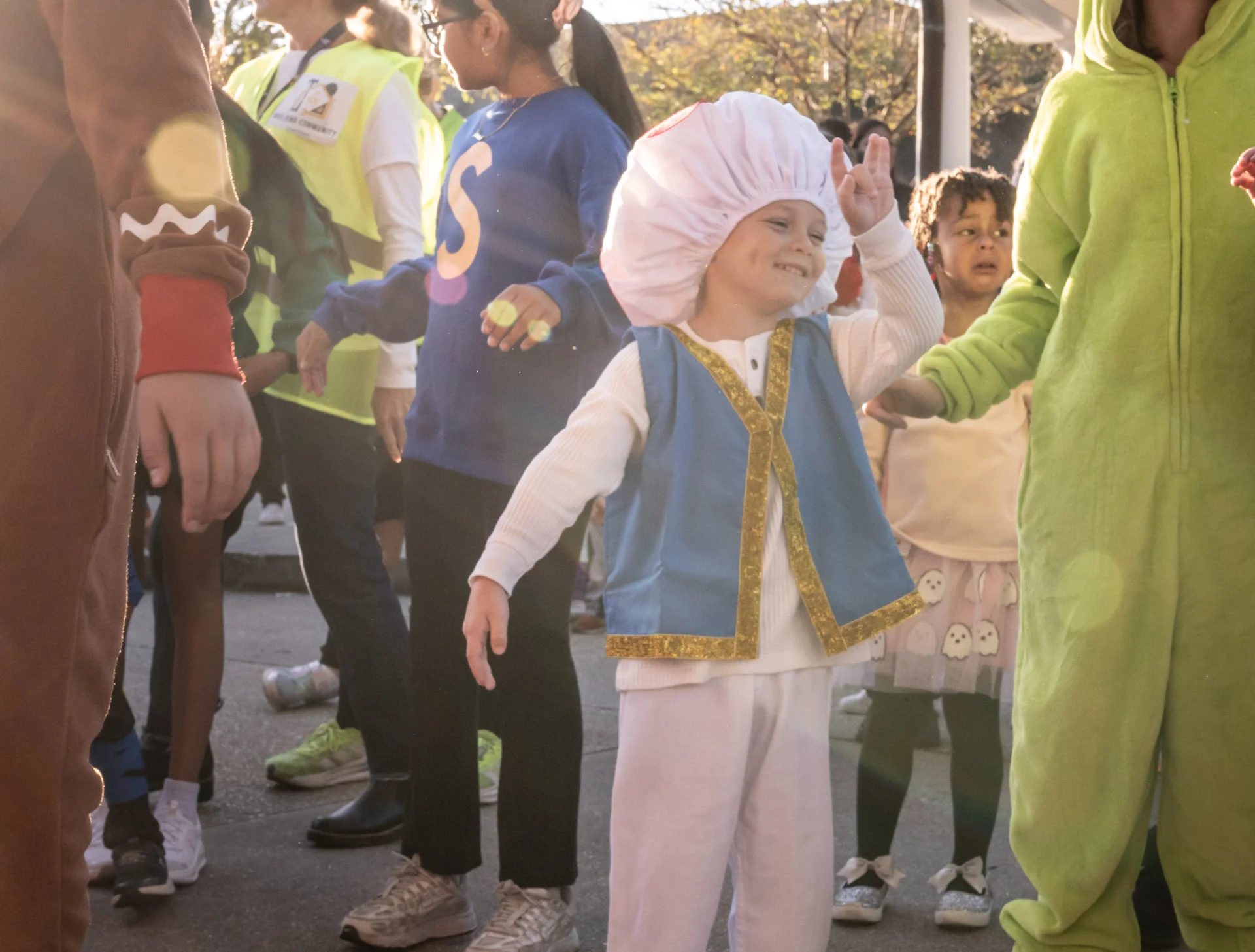 Oct31Lower School Celebrates Halloween!
Oct31Lower School Celebrates Halloween!Check out a photo gallery of the annual Lower School Halloween parade.
See Details Oct30Episcopal's Math and Quiz Bowl Teams Draw Hundreds to Campus
Oct30Episcopal's Math and Quiz Bowl Teams Draw Hundreds to CampusEpiscopal’s Mu Alpha Theta and Quiz Bowl teams recently broke records with tournament attendance. Read more about building community through academics.
See Details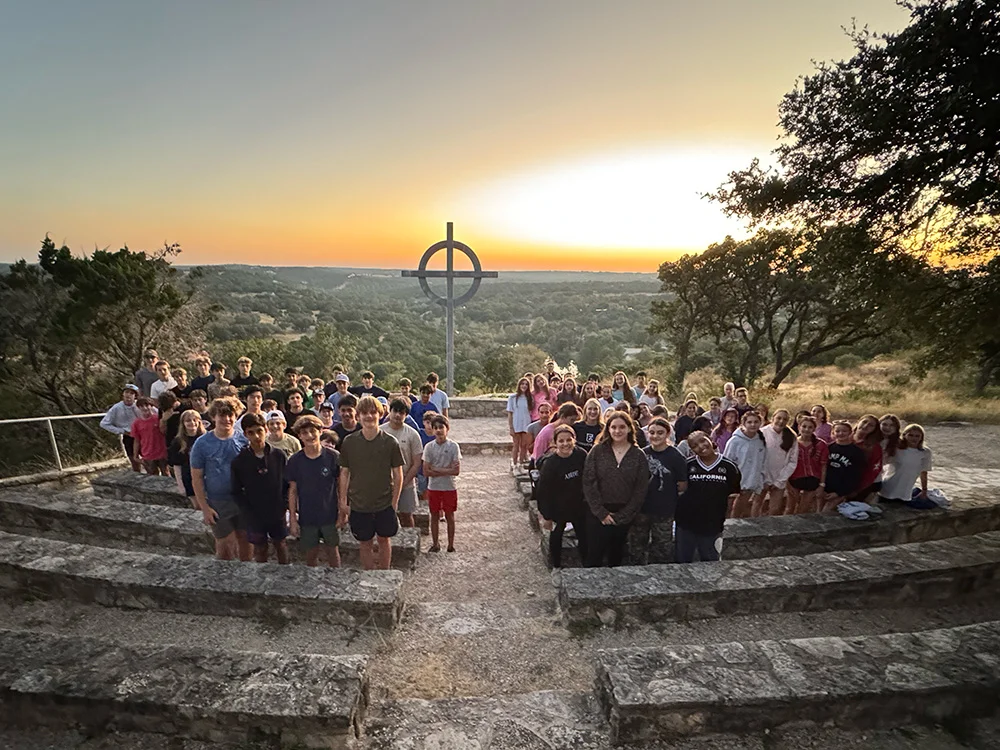 Oct30Middle School Mo Ranch Adventures Challenge Students and Boost Community
Oct30Middle School Mo Ranch Adventures Challenge Students and Boost CommunityThe annual Mo Ranch trip challenges Episcopal Middle School students to step outside their comfort zones, connect with classmates and grow in confidence and community.
See Details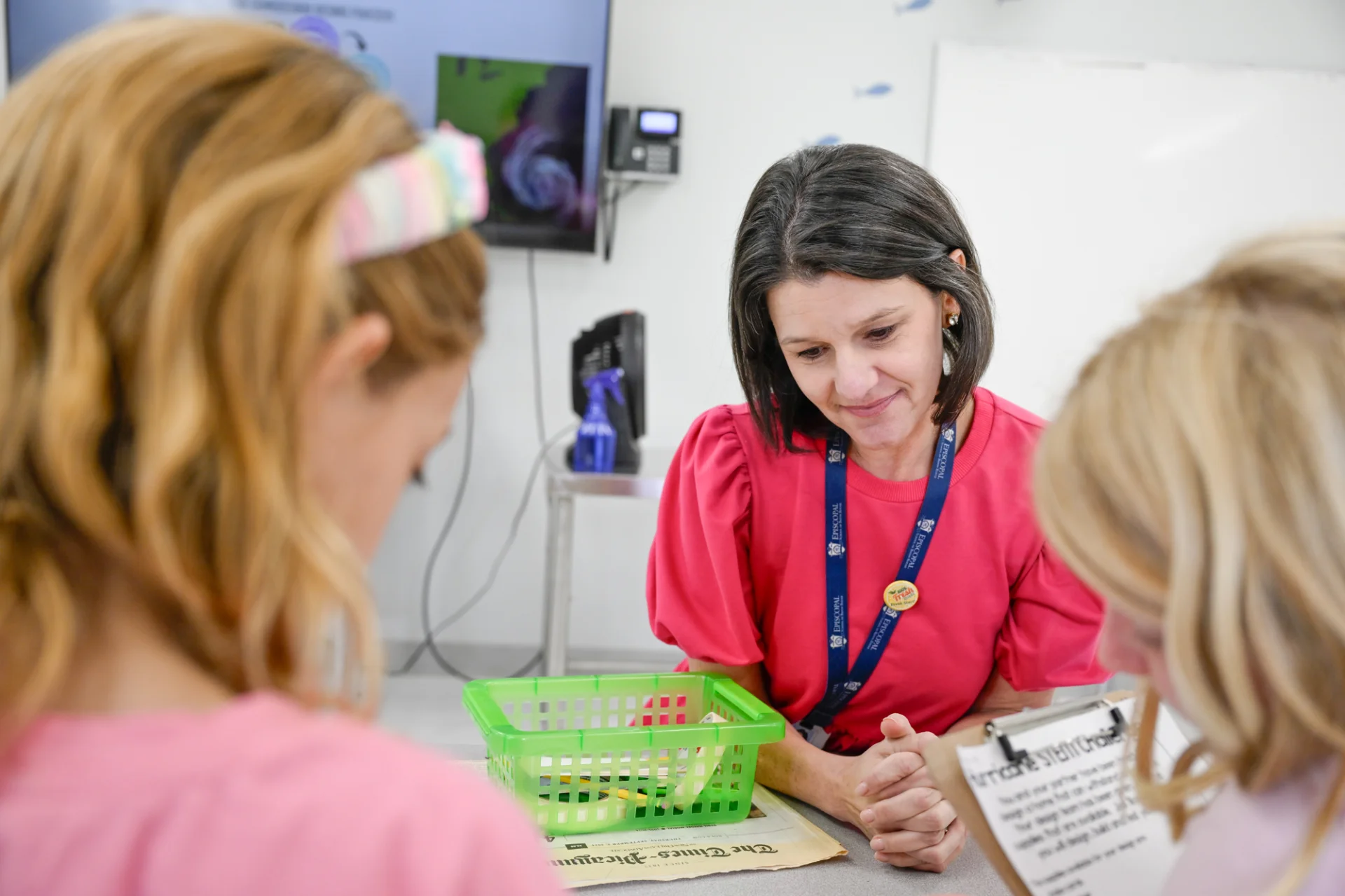 Oct24Teaching with Wonder: Stacy Hill and the Power of STEAM Learning
Oct24Teaching with Wonder: Stacy Hill and the Power of STEAM LearningQUEST Center Coordinator Stacy Hill is a veteran educator who brings science, creativity and STEAM learning to life. Learn more about her journey and join us for Episcopal’s STEAM Knight on Thursday, November 13.
See Details
Categories
- All
- Admission
- Athletics
- College Bound 2019
- College Bound 2020
- College Bound 2021
- College Bound 2022
- College Bound 2023
- College Bound 2024
- College Bound 2025
- Counselors Corner
- Episcopal Alumni
- Giving
- Head Of School
- Lower School
- Middle School
- Spirituality And Service
- Student Work
- The Teachers' Lounge
- Upper School
- Visual And Performing Arts
Recent Articles
- 10/31/25Lower School Celebrates Halloween!
- 10/30/25Episcopal's Math and Quiz Bowl Teams Draw Hundreds to Campus
- 10/30/25Middle School Mo Ranch Adventures Challenge Students and Boost Community
- 10/24/25Teaching with Wonder: Stacy Hill and the Power of STEAM Learning
- 10/24/25Summer Connections/Building Community by Ros Won
- 10/23/25Episcopal Welcomes National Experts for AI and Online Safety Presentation


